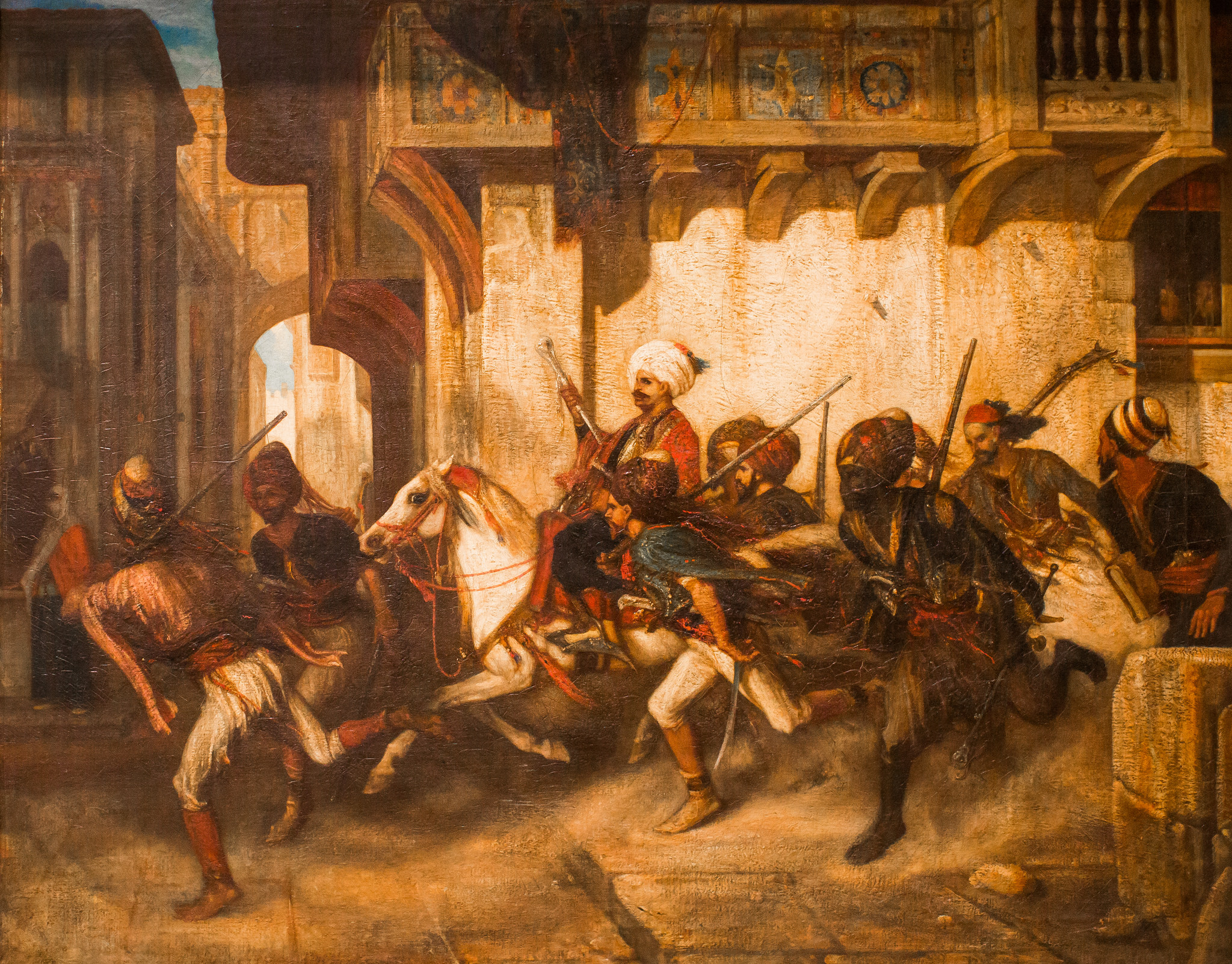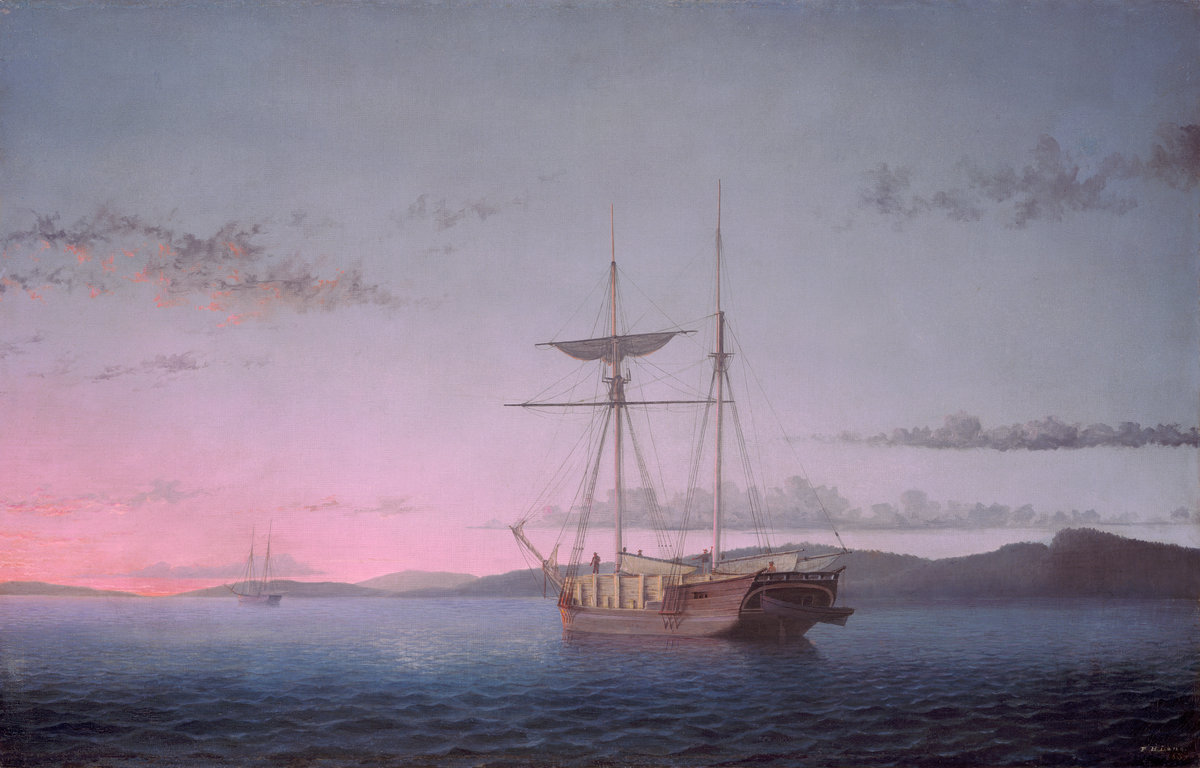By Sarah Bakhtiari
Two notes on the transparency front: One, the Chinese government recently publically admitted that its statistics aren’t always reliable—both in English and Chinese. Jeremy Wallace explains the significance of this move, and how it may signal the government’s intent to extend anti-corruption measures to the widespread practice of statistical manipulation. Two, despite significant efforts to delay the implementation of the DART—Data Access and Research Transparency—initiative, the standards are due for implementation this month. Two scholars explain that the primary divide is not between quantitative and qualitative researchers, but rather between quantitative and qualitative research. Researchers of both persuasions (mixed methodologists, or those that employ both quantitative and qualitative methods) are less likely to share qualitative data with other scholars, and when they do, it is more likely to be informally, vice publicly.
What’s behind the Saudi-Iran spat that escalated this week? It turns out, a lot, including significant domestic and security drivers, as articulated here and here. The U.S.-Saudi alliance has come under increasing scrutiny in recent weeks—is it any wonder, be it as they are one of the largest sources of foreign fighters in Iraq and Syria (and home to the largest number of pro-ISIS Twitter users worldwide)? Both internal and external factors make it a top contender for relocation by ISIS’ follow-on groups, as the pseudo-state itself comes under increasing pressure.
Meanwhile, closer to home, the U.S. Navy has undertaken efforts to further eliminate gender barriers in the Marine Corps, directing gender-integrated training and gender-neutral job titles—which Kyleanne Hunter argues is big step forward for reforming the sociopolitical lexicon of American citizenship toward gender neutrality.
And since at this early point in the year, many of us are still looking backward reflectively upon 2015, it’s interesting to note what matters preoccupied the White House—the President—throughout the year. Here’s a set of insightful word bubble charts that show which issue areas, and which specific concerns within the various areas, monopolized President Obama’s attention, as reflected in his official speeches.
The past year saw some major adjustments in the landscape of international political economy—in what economist Joseph Stiglitz calls the “new geoeconomics.” Following the 2015 emergence of the New Development Bank by the BRICS and China-led Asian Infrastructure and Investment Bank, the U.S. Congress voted to approve the 2010 reforms to the IMF that will give China the third-largest voting shares (up from sixth), India the eighth-most (from eleventh), and Brazil the tenth-greatest share (up from fourteenth)—mostly good news. But limited progress at the IMF was offset with failure on the trade front, both at the WTO’s Doha round and via the TPP. The challenge to the near-global neoclassical consensus that emerged on the heels of the global financial crisis of 2007-2008, it appears, is being tested in Greece today, where capital controls and reforms that are a part of the austerity package have unintentionally created two parallel euro-denominated currencies.







